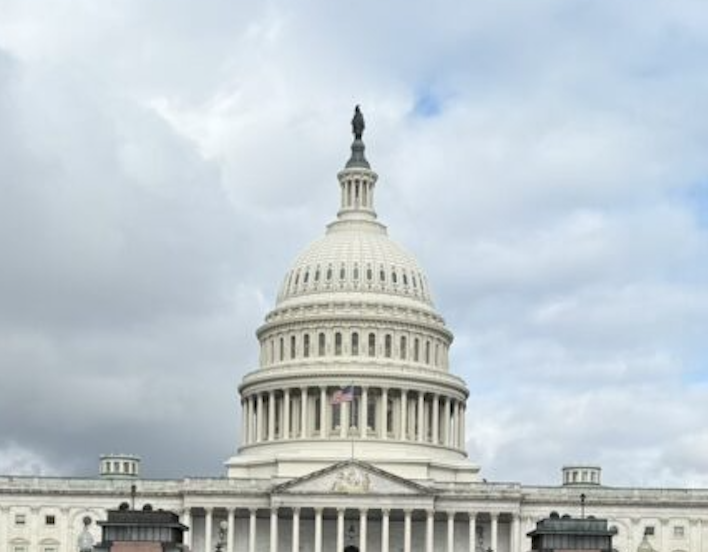Ranking Member of the House Select Committee on the Strategic Competition Between the U.S. and the Chinese Communist Party (CCP), Rep. Raja Krishnamoorthi (D-IL), introduced the No Advanced Chips for the CCP Act of 2025 on August 22, 2025. The legislation seeks to prevent advanced artificial intelligence semiconductors from reaching the People’s Republic of China (PRC) unless both the Executive Branch and Congress explicitly authorize the transaction.
The bill is co-led by Rep. Ami Bera (D-CA), Ranking Member of the House Foreign Affairs Subcommittee on East Asia and the Pacific, with Rep. Jill Tokuda (D-HI) joining as an original cosponsor.
According to a statement from Rep. Krishnamoorthi’s office, the proposal directly responds to President Trump’s recent announcement that he is open to permitting exports of downgraded versions of NVIDIA’s advanced Blackwell series chips to China. The statement stressed that even “downgraded” chips could significantly accelerate Beijing’s ability to build AI supercomputers, posing risks to U.S. technological leadership and national security.
By requiring congressional approval, the bill aims to ensure that decisions on advanced chip exports are subject to transparent and rigorous national security review, rather than being made unilaterally or behind closed doors.
“For years, the Chinese Communist Party has treated America’s cutting-edge chips like an all-you-can-eat buffet, fueling surveillance, military modernization, and influence campaigns,” said Ranking Member Krishnamoorthi. “This bill puts an end to that practice. If an advanced AI chip is headed to the PRC, the U.S. government must prove that its export to China serves our national security. Either Congress says ‘yes,’ or it doesn’t go at all.”
“Decisions about exporting our most advanced AI chips shouldn’t be made unilaterally behind closed doors,” said Congressman Bera. “This bill reasserts Congress’ authority and ensures that any such transfer to the People’s Republic of China is subject to full scrutiny. Our national security demands a deliberate and lawful process, not ad hoc deals that risk handing over our technological edge to the PRC.”
Key Provisions of the No Advanced Chips for the CCP Act
- Any export, reexport, or transfer of advanced AI semiconductors to the PRC would need (1) approval by the Secretary of Commerce after an interagency review with the Director of National Intelligence and the Secretaries of Defense, Energy, and State, and (2) enactment of a joint resolution of Congress approving the transaction.
- Assessments must consider U.S. national security and technological leadership, risks of enabling PRC military applications or human rights abuses, alternative sources of comparable technology, and economic impacts on U.S. companies and workers.
- Congress must receive a detailed report on the chip, the intended Chinese recipient and use, the security analysis conducted, and the rationale for any approval.
- Allowed only for humanitarian purposes, U.S. diplomatic and consular operations in the PRC, or the repair/replacement of previously lawful exports.
- A three-year expiration period will require Congress to revisit and refine the law as technology and security threats evolve.
The legislation applies to any chip that exceeds the following thresholds: Total processing performance above 2,400 or performance density of 1.6 or higher; DRAM bandwidth above 4,100 GB/s; Interconnect bandwidth above 1,100 GB/s; Combined DRAM and interconnect bandwidth above 5,100 GB/s






